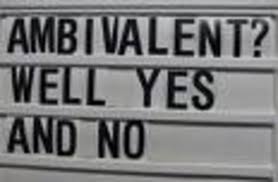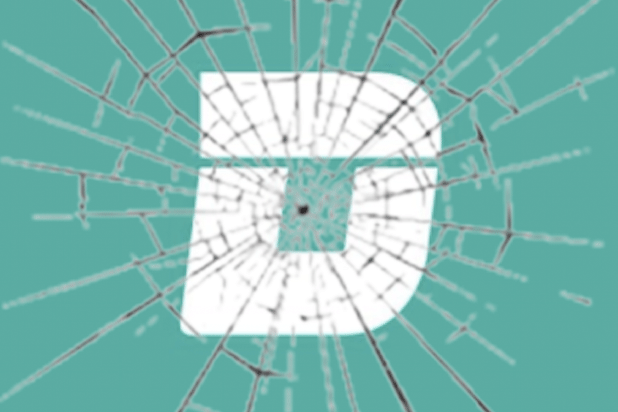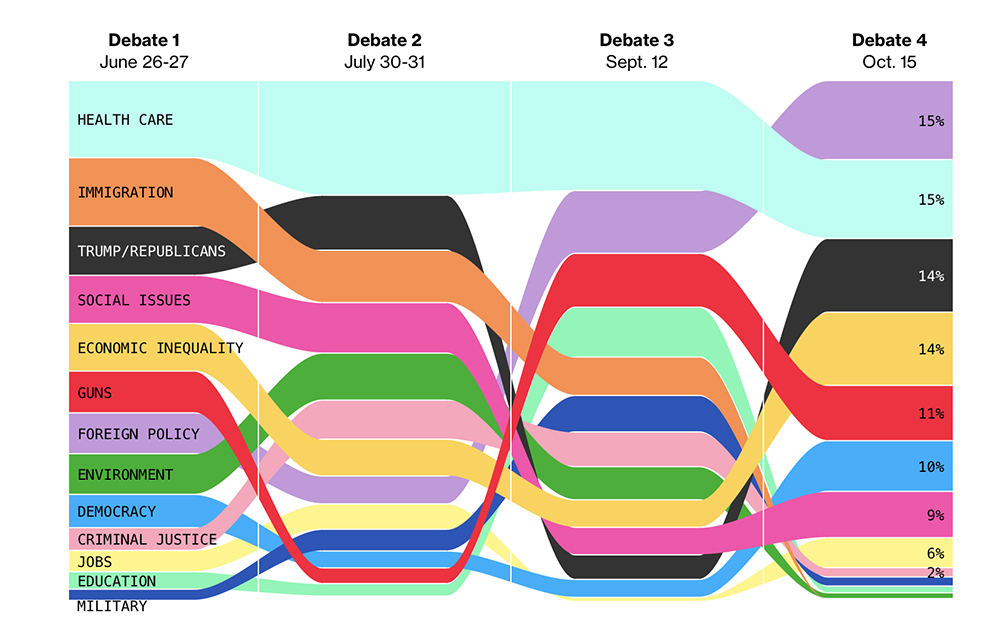
Take the [please!] newest, most naive form of sharing personal news and information, let it be a for-profit business and just for kicks, make it the most profitable non-product the world has ever known. What would you get?
On the one hand, the company wants to curtail the spread of disinformation across its site. At the same time, it wants to avoid alienating the groups and candidates who depend on its platform for fund-raising and organizing. So in trying to find a way to please everyone on the issue, Facebook has managed to please no one.
The social network has now become an outlier in how freely it lets political candidates and elected officials advertise on its platform. While Mr. Zuckerberg declared last month that Facebook would not police political ads, Twitter said it would ban all such ads because of their negative impact on civic discourse. On Wednesday, Google said it would no longer allow political ads to be directed to specific audiences based on people’s public voter records or political affiliations.
Part of our own vulnerability rests within an inability to understand simple words like ‘sharing’, and reluctance to engage with non-simple contracts like the many we would rather click agree to and just get back to posting our favorite stuff. More on all of this soon, but we’re really staring into the abyss here without noting the swirl. We hear the sound, but not its signal; can do steps but are not invited to the dance.
Thumbs up!






 You can imagine, outside any pull of nostalgia, a time when the internet was just a novelty. Before companies began to dream about monetizing our personal data. Before political campaigns began to mine that data for habits and proclivities, before our vulnerability to having weaponized popularity used against us (if only for a few minutes)… you had, what? Techno-utopianism is perhaps the saddest kind: dry, unfulfilling, obviously not harmless. But the gamed-out essence of online anonymity maxed into inflated presence with no actual power behind it beyond its allure brags a special brand of nerdy cache. With computer technology we began trading in a kind of currency we had never considered before we were already doing so. That’s why it was new but felt so familiar.
You can imagine, outside any pull of nostalgia, a time when the internet was just a novelty. Before companies began to dream about monetizing our personal data. Before political campaigns began to mine that data for habits and proclivities, before our vulnerability to having weaponized popularity used against us (if only for a few minutes)… you had, what? Techno-utopianism is perhaps the saddest kind: dry, unfulfilling, obviously not harmless. But the gamed-out essence of online anonymity maxed into inflated presence with no actual power behind it beyond its allure brags a special brand of nerdy cache. With computer technology we began trading in a kind of currency we had never considered before we were already doing so. That’s why it was new but felt so familiar. 
 Hilarity ensues as the Trump ministration launches a trial balloon for
Hilarity ensues as the Trump ministration launches a trial balloon for 